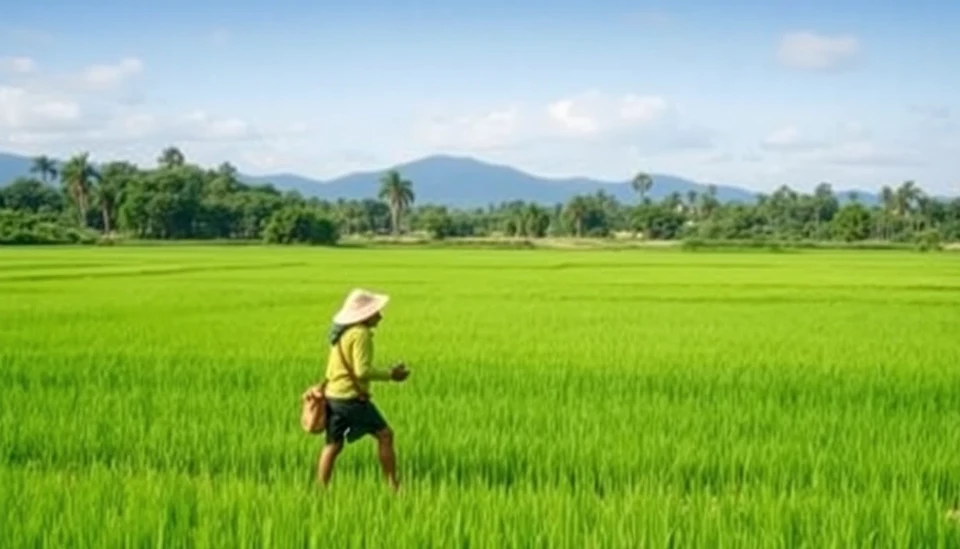
As the international community gears up for the 29th United Nations Climate Change Conference (COP29), a new report sheds light on the significant shortcomings of current climate finance mechanisms available to farmers grappling with the harsh realities of climate change. The findings reveal a troubling gap between financial assistance and the needs of agricultural producers who are facing increased risks due to global warming.
Farmers, particularly in developing countries, are feeling the brunt of climate-induced challenges such as erratic weather patterns, rising temperatures, and more frequent and severe natural disasters. These adversities not only threaten their livelihoods but also jeopardize food security on a global scale. Despite promises made in previous climate agreements, the financial resources directed towards helping these farmers adapt remain inadequate.
The report indicates that while governments and organizations have pledged billions to climate initiatives, the actual disbursement of funds is significantly lagging. Many farmers report facing bureaucratic hurdles, lack of access to information, and insufficient support to implement climate-resilient practices. This underfunding and misallocation of resources have left many in the agricultural sector struggling to survive, as regular seasonal cycles are disrupted and productivity declines.
Moreover, the study highlights that existing climate finance is often misaligned with the urgent needs of farmers. Rather than promoting sustainable agriculture and adaptive strategies, much of the available funding tends to favor large-scale projects that do not directly benefit smallholder farmers. This disconnection raises questions about the effectiveness and equity of climate finance to adequately serve those most impacted by global changes.
As COP29 approaches, experts are calling for a re-evaluation of how climate finance is allocated and managed. They stress the necessity for tailored financial solutions that focus on building resilience in farming communities. This not only includes direct financial assistance but also investment in research, technology transfer, and capacity-building initiatives to empower farmers to adapt to changing environmental conditions.
In the lead-up to COP29, stakeholders, including governments, non-governmental organizations, and private sector entities, are urged to shift their approach to climate finance. The report advocates for a more decentralized and inclusive financing model that prioritizes local needs and fosters community-led initiatives. By doing so, it is believed that farmers will be better equipped to tackle the challenges posed by climate change and sustain their agricultural practices for future generations.
The findings presented in the report serve as a wake-up call ahead of COP29. With climate impacts accelerating globally, immediate and effective action is essential to ensure that farmers are not left behind in the fight for a sustainable future. Without meaningful changes to climate finance structures, the potential for agricultural resilience will continue to dwindle, threatening both local economies and the global food supply chain.
#ClimateFinance #COP29 #ClimateChange #Farmers #GlobalWarming #SustainableAgriculture #FoodSecurity #Adaptation
Author: Megan Clarke




